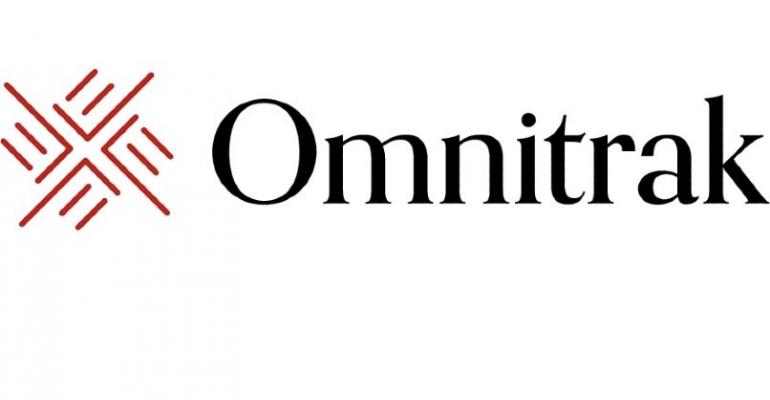Even so, among Americans who have traveled at least once in the past 12 months, 49% intend to travel between March and the end of August, while 51% do not have current travel plans during that period. More than a quarter, or 29%, have canceled leisure travel and 12% have canceled business travel since January. However, for the period from March to August, 8% have canceled leisure trips and 6% have canceled business trips because of the pandemic.
The polling was conducted March 10-12, just as cruise lines were announcing suspended operations. (Viking came first on March 11, followed by a cascade of other operators in subsequent days.)
Omnitrak, a strategic research and branding firm that specializes in travel data, surveyed 2,505 adults (18 and over) who have traveled at least once in the past year.
Resilience after earlier events
COVID-19 concerns have altered travel decisions unlike any other recent global event. During prior disease outbreaks, natural disasters and world events, including post-9/11, SARS, Ebola and plane crashes, travelers remained resilient.
During SARS and Ebola outbreaks, 83% of US travelers did not change their plans. Previously, natural disasters/extreme weather had the greatest impact on travelers, with 33% altering plans and 67% proceeding unchanged.
Advice from national health officials/scientists is key
The top factor in US travel decisions is advice from national health officials and scientists. National political leaders rank significantly lower. Nearly six in 10, or 59%, of travelers said travel advice from national health officials and scientists, such as the Centers for Disease Control and Prevention, is the most important factor in deciding whether to cancel a trip.
Other key factors: The number of COVID-19 cases reported at the traveler’s destination (57%), travel advice from a personal doctor (50%) and travel advice from a state health official (49%). An airline’s reputation for upholding health and safety standards came in at 35%.
Travel advice from a state governor was on par with information from national news media, at 31%. Travel advice from national political leaders ranked relatively low, at 29%, on par with information from local news media.
Dissatisfaction with timeliness/reliability of information
US travelers were not very satisfied with the timeliness or reliability of COVID-19 information currently available to them. Improving both promptness and reliability of information can play a key role in strengthening traveler confidence as the situation evolves.
On a scale of 1 (not at all satisfied) to 10 (extremely satisfied), travelers rated the timeliness of pandemic information at a mean of 6.7 and reliability at a mean of 6.5.
'In my 30-plus years of leading Omnitrak, COVID-19 is the most significant global travel disruption the industry has ever experienced,' said Patricia M. Loui, chairperson and CEO. 'As the pandemic will clearly affect US travel sentiment for some time to come, it’s important that the travel industry help all Americans to make sound decisions based on current science-based public health information.'
$1.1 trillion US travel industry
The $1.1 trillion US travel industry is vital to the economy, accounting for one of every 10 US jobs, according to the nonprofit US Travel Association.
Chris Kam, Omnitrak’s president and COO, noted that trustworthy public-health information would be key not just during the COVID-19 outbreak but in supporting travelers’ confidence as the industry works toward recovery in the future.
'While we are in uncharted territory with the current pandemic, we do know that US travelers have historically proven to be resilient in the face of natural disasters, 9/11, epidemics, terrorism and other major disruptions,' Kim said. 'Accurate, timely information is one of the most important factors in helping travelers make the best choices for their business, leisure and family travel.'
Copyright © 2024. All rights reserved. Seatrade, a trading name of Informa Markets (UK) Limited.
Add Seatrade Cruise News to your Google News feed.  |

